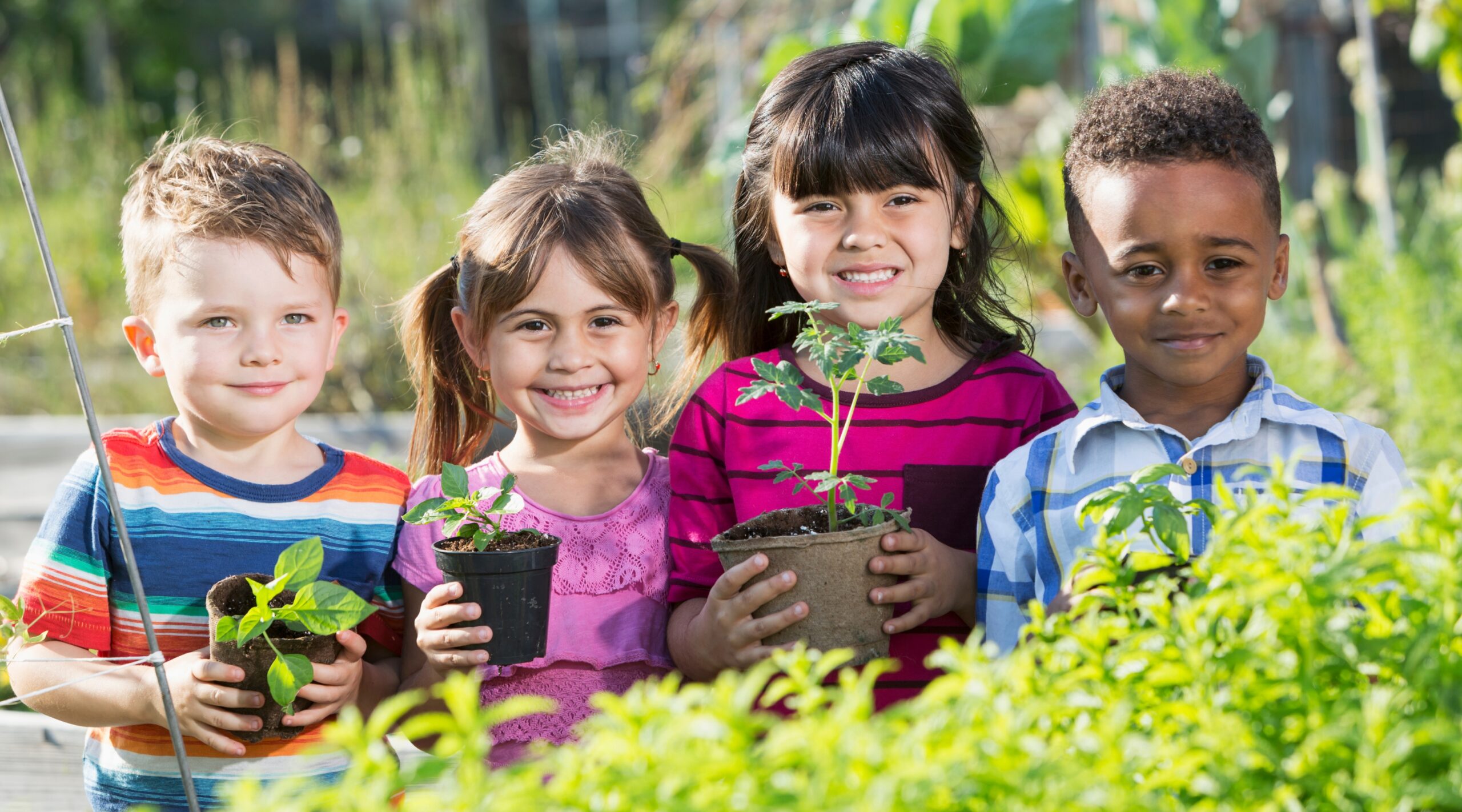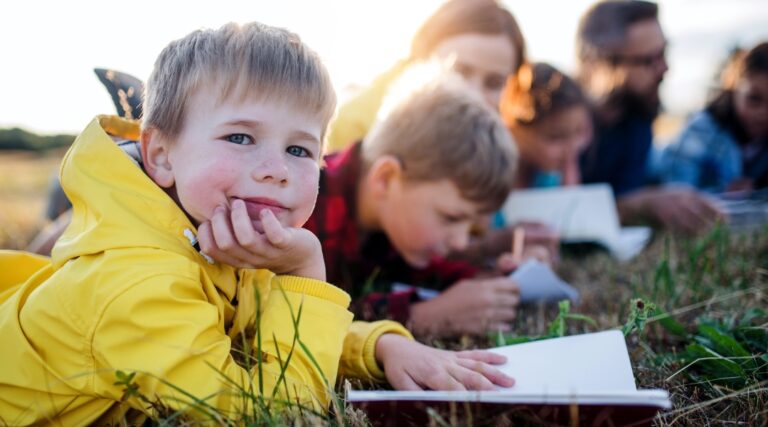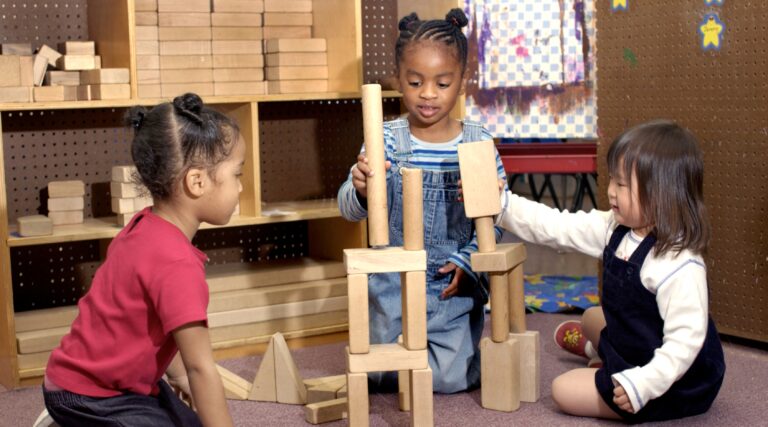The Importance of Nature-Based Learning in Early Childhood Education
Nature-based learning in early childhood education refers to an approach that integrates outdoor experiences and natural environments into the learning process. Whiz Kidz Early Learning Centre, St Albans, understands the value in this approach, as it recognises the value of nature in supporting children’s holistic development and provides numerous benefits for their physical, cognitive, social, and emotional well-being.
The team at Wollert Whiz Kidz have compiled a list of some key reasons why nature-based learning is important in early childhood education:
Physical Health
Spending time outdoors exposes children to fresh air, natural light, and open space, which are essential for their physical health and well-being. Outdoor play encourages physical activity, which is important for developing gross motor skills, strength, and coordination.
Sensory Stimulation
Nature provides a rich sensory experience for children, with opportunities to see, hear, smell, touch, and sometimes taste different elements of the natural world. This sensory stimulation is essential for brain development and sensory integration.
Cognitive Development
Nature-based learning promotes cognitive development by providing children with opportunities to observe, explore, and engage with the natural world. Children learn about science, ecology, and the environment through hands-on experiences in nature.
Creativity and Imagination
Nature stimulates children’s creativity and imagination, providing endless opportunities for imaginative play, storytelling, and artistic expression. Natural materials such as sticks, stones, and leaves can be used in creative ways to inspire children’s imagination.
Emotional Well-Being
Spending time in nature has a calming and soothing effect on children, reducing stress, anxiety, and hyperactivity. Nature provides a peaceful and nurturing environment that supports children’s emotional development.
Environmental Awareness
Nature-based learning helps children develop an appreciation for the natural world and a sense of responsibility for the environment. It fosters environmental awareness and sustainability, teaching children the importance of protecting and preserving nature.
Social Skills
Outdoor play in nature encourages social interaction, cooperation, and collaboration among children. It provides opportunities for children to work together, communicate, and solve problems, fostering the development of social skills and friendships.
Curiosity and Inquiry
Nature-based learning encourages children to ask questions, make observations, and seek answers about the natural world. This promotes curiosity, inquiry, and a lifelong love of learning.
Risk Management Skills
Outdoor play in nature often involves a degree of risk-taking, such as climbing trees or balancing on rocks. This helps children learn to assess risks, make decisions, and develop confidence in their abilities.
Connection to the Natural World
Nature-based learning helps children develop a sense of connection to the natural world, fostering a deeper appreciation for the beauty, diversity, and complexity of nature.
Overall, nature-based learning is an important approach in early childhood education that offers a wide range of benefits for children’s development and well-being.
By incorporating nature into our early learning program at Whiz Kidz St Albans, our educators provide the children under our care with valuable experiences that support their physical, cognitive, social, and emotional growth.







